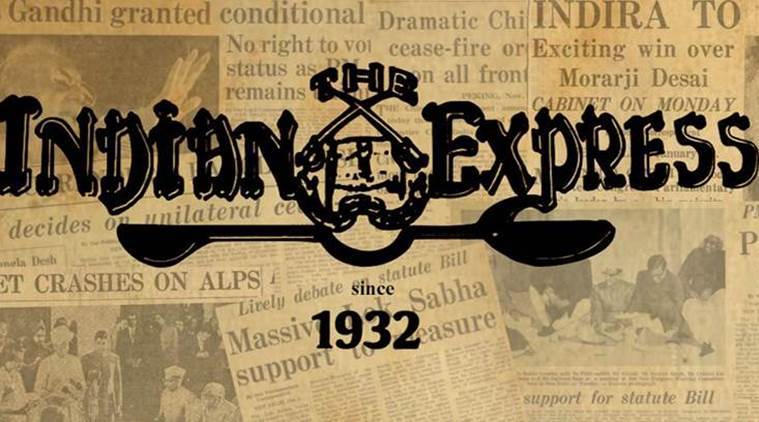Opinion A writer cornered
Hansda Sowvendra Shekhar has been failed by community and government. Sadly, his isn’t an unusual predicament
 India-Japan partnership, shinzo abe, brics, indo-pacific, indo-china relations, narendra modi, india-china, doklam
India-Japan partnership, shinzo abe, brics, indo-pacific, indo-china relations, narendra modi, india-china, doklam  The parallels with Murugan’s case point to a worrying trend in literary life in India.
The parallels with Murugan’s case point to a worrying trend in literary life in India.
A little over two years after Tamil writer Perumal Murugan was forced to announce his “death” as a writer, another author is being hounded into silence. Those who have been running an online campaign against Hansda Sowvendra Shekhar, a Sahitya Akademi winner from Jharkhand, have accused him of insulting Santhali honour and women in his writing, and denounced him as a pornographer.
It has been, since December 2015, a vicious and personal smear campaign. Responding to this concerted bullying now, the Jharkhand government, with help from the main Opposition party, Jharkhand Mukti Morcha, has not only chosen the less honourable option of backing the moral police but is now leading a witch-hunt against the writer, an Adivasi himself — in the name of defending Santhali asmita. It has banned Shekhar’s The Adivasi Will Not Dance, a searing and acclaimed collection of stories on Adivasi life published two years ago, suspended the writer from his job as a medical officer in Pakur and threatened to file an FIR against him.
The parallels with Murugan’s case point to a worrying trend in literary life in India. The community and its thin-skinned notions of honour are easily mobilised against writers and artists; and the government is always willing to play the game of identity politics. The critics of Shekhar’s writing — some of them professors, writers and artists of Jharkhand — appear to believe in a reductive idea of literature, which demands of authors that they write only about the nobility of the people of their community, without portraying their desires or their degradation at the hands of the state.
While Shekhar’s detractors have every right to criticise his work and its representations, they do not hold any veto over who can speak for the Santhali. Nor can they justify their shameful role in drumming up hate against one of their own. In being abandoned both by the government that is bound by the constitution to defend his rights, and the community that has turned against him, Shekhar is an author cornered. How does that bode well for a democracy in its 70th year?




